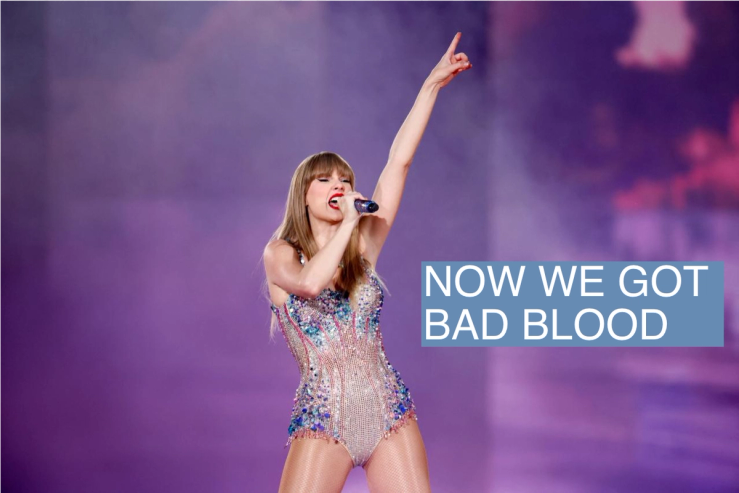The News
The United States Department of Justice and 30 states sued Live Nation, the parent company of Ticketmaster, on Thursday alleging antitrust violations and ordering the company to break up.
Live Nation was alleged to run an illegal monopoly over live events through a self-reinforcing “flywheel” business model that locks artists and venues into exclusive contracts. Fans have long complained about hidden fees, difficulty obtaining tickets (most notably, for Taylor Swift concerts — an incident that prompted Congressional hearings, but which came after the DOJ’s launching an investigation into the company), and the lack of alternatives.
If it wins, the DOJ could undo an unpopular 2010 merger between Live Nation and Ticketmaster. Live Nation holds 50% of the market share in concert promotion while Ticketmaster controls more than 80% of primary ticket sales of major US concert venues.
Live Nation strongly denied the allegations in a statement.
SIGNALS
Artists say Live Nation hurts their freedom of choice and bottom line
“Many musicians, particularly small to mid level artists, have little to no idea how much of the pie is being consumed by Live Nation,” singer-songwriter Clyde Lawrence said in an op-ed for The New York Times. Beyond taking a cut of ticket sales, Live Nation also receives other fees, bar sales, and merchandise sales, Lawrence said. In a Senate Judiciary Committee hearing in January 2023, his band testified how Live Nation’s policies restrict artists’ choice using exclusivity contracts. Other ticketing platforms can’t compete, and so instead of the promoter negotiating a deal with the venue, the two “are part of the same corporate entity so the line items are essentially Live Nation negotiating to pay itself,” Lawrence told CNBC.
The suit underscores the Biden administration’s desire to break up Big Tech
The Live Nation case adds to the antitrust caseload filed under the Biden administration targeting tech companies. The DOJ has sued Apple and Google, while the Federal Trade Commission is probing Amazon and Meta. With the US presidential elections due in November, the Live Nation case could become “significantly politicized,” Yahoo Finance reported. Jonathan Kanter, who leads the DOJ’s antitrust efforts, and FTC chair Lina Khan, are “on the clock” — if Biden loses the presidency, then he could take them with him, the New York Times wrote.
Live Nation case reups debate over anticompetitive behavior v. good strategy
Disputes of this kind have to distinguish between practices that amount to anticompetitive behavior and others that might be considered sensible business strategy, an antitrust attorney told Wired. Some Wall Street analysts say Ticketmaster is “part of the solution” to rising costs, by hindering the unregulated secondary ticket market’s markups. Others argue there is evidence Live Nation has all the features of an antitrust target, perhaps evidenced by its beefed up political lobbying, partnering with media surrounding the White House Correspondents’ dinner, The Washington Post and The American Prospect reported.



